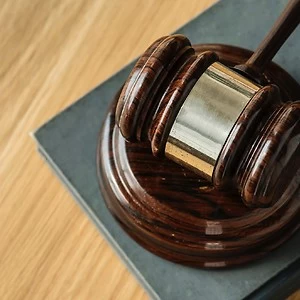What Is Considered “Obstruction of Justice” In Georgia?
The word “obstruction” is being heard more and more due to the current political turmoil and investigations. While it might be spoken of in regards to major cases that reach huge world players, obstruction can happen at every level of law enforcement. Even a routine traffic stop can lead to obstruction, and it’s important to know exactly what obstruction is, and how you can avoid being charged with it. Obstruction of justice covers a wide range of actions and, depending on circumstances, can be considered a misdemeanor or a felony. Among actions an officer may consider obstruction are: -Resisting arrest -Disobeying any orders from a police officer -Interfering with or hindering an investigation or an officer performing his dutie -Violence against a law enforcement officer -Giving false testimony -Destroying or hiding evidence -Influencing, or attempting to influence witness, judges, or jurors. The key element of obstruction is that the law enforcement officer, be it a police officer, a corrections officer, or federal agent is lawfully acting according to their duties. The accused must also be aware that the officer was acting in their official capacity. Being pulled over means the officer is acting within their stated duties, and any attempt to prevent them from speaking to you, checking your license and registration, or refusal to answer questions can be clearly be considered obstruction. The same holds true if you try to interject between an officer making a stop or arrest and their suspect. There are a number of forms of speech that might be offensive, but simple disagreements or arguments typically won’t end up resulting in charges, but any threats of violence likely will. It’s important to never interfere with an office during a stop. Follow instructions and cooperate and you can most likely avoid obstruction charges. However, if you are facing obstruction charges in Georgia, we can help. At Andersen, Tate & Carr, our attorneys are dedicated to reaching the best possible outcome for our clients. Our criminal defense attorneys, Patrick McDonough and Trinity Hundredmark, have combined experience of more than 30 years representing clients facing criminal charges in Georgia. For more information, or to request a case evaluation, contact our law office at 1-770-822-0900.


